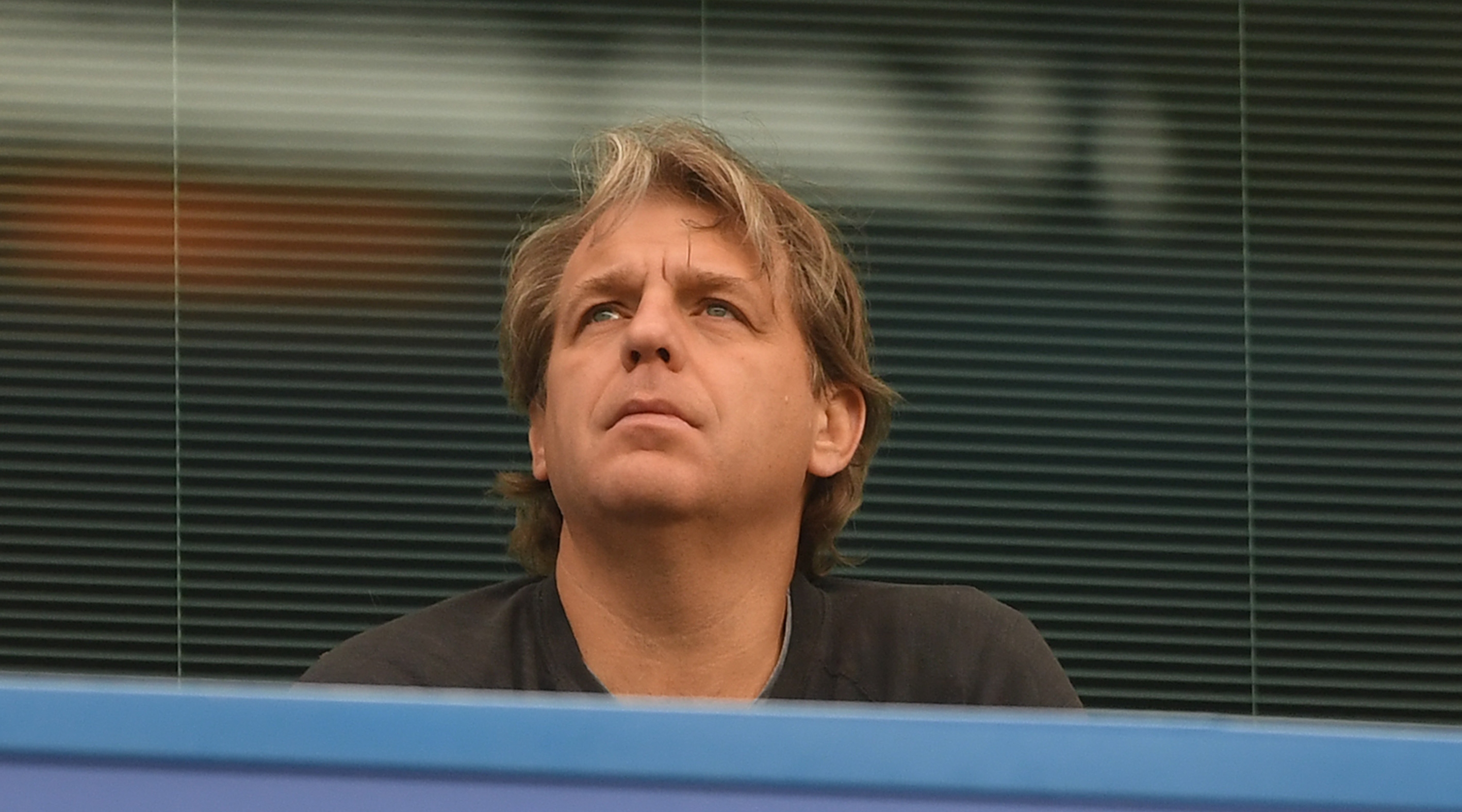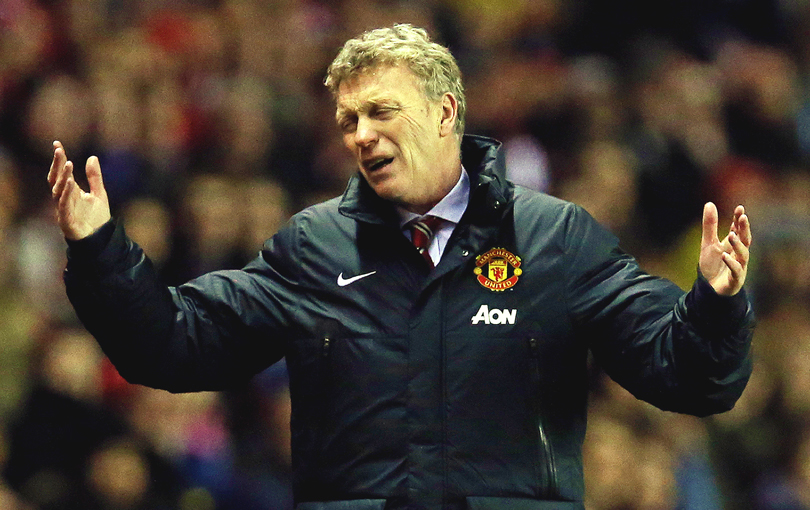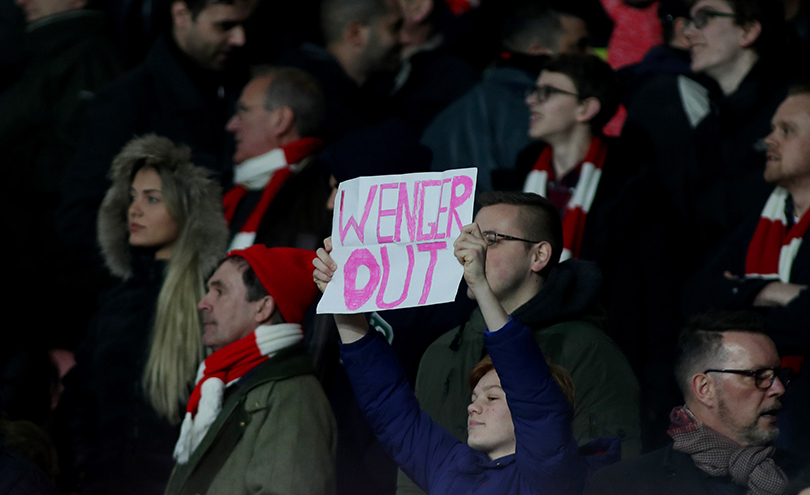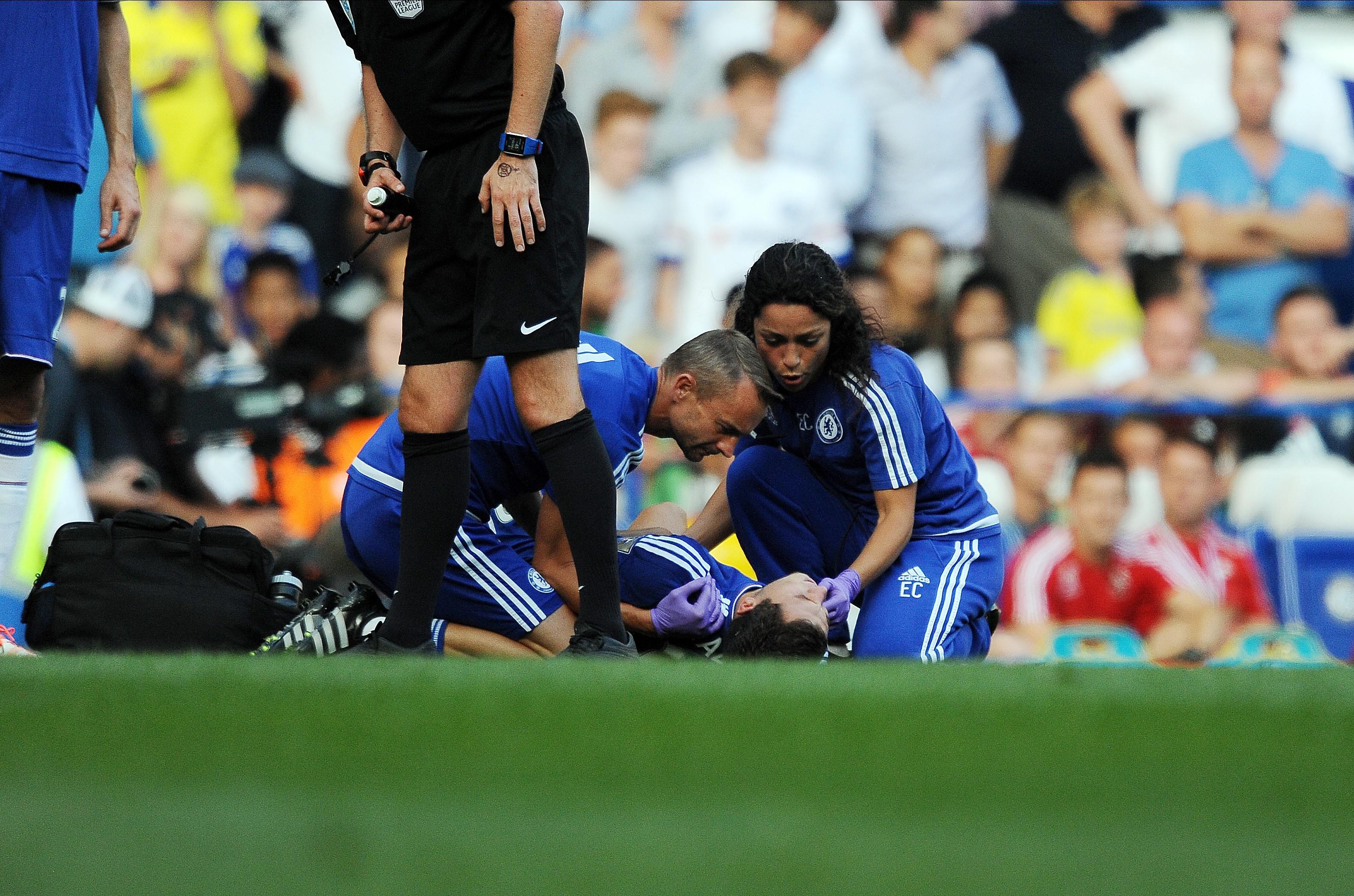The biggest implosions from Premier League clubs and how Todd Boehly's Chelsea compare
Chelsea are not the only big club in Premier League history to have made some questionable decisions

Chelsea, with their squad of 43 players, nine-year contracts and endless lavish spending, are the Premier League’s certified basket-case club in 2024. But they are far from the first to descend into chaos in what has become a division of high stakes and high expectations.
Todd Boehly and his ownership group will likely argue that there is a strategy behind the apparent madness, that the plethora of new signings will eventually come together to form a cohesive team.
But for now, the Blues are the focus of everyone’s ire. Their fans should rest assured that these periods of turbulence are rarely permanent, though. There have been plenty in the past, and we’ve taken a look at some of the most memorable.
VIDEO Why Arsenal Want Mikel Merino So Badly
1. Manchester United (Post-Ferguson)

An argument could be made that Manchester United have not yet recovered from Sir Alex Ferguson’s exit and the implosion that followed. A list of big-name managers - David Moyes, Louis van Gaal, Jose Mourinho, Ole Gunnar Solskjaer and Ralf Rangnick - all failed and Erik ten Hag has had a difficult time in his two years at the helm.
The first season after Ferguson’s retirement was particularly demoralising for United, though. Having been perennial title challengers, they slumped to seventh in the Premier League table. Moyes was sacked prematurely, the signings were largely unsuccessful and the stark lack of vision from the Glazer ownership became apparent.
United’s decline has been a lesson in the importance of a clear strategy, and of strong decision-making from the top down.
The best features, fun and footballing quizzes, straight to your inbox every week.
2. Arsenal (Late Wenger-era to early Arteta era)

Fuelled by the incandescent rage of AFTV (formerly ArsenalFanTV), a movement among a section of Arsenal fans emerged towards the end of Arsene Wenger’s long tenure to get the Frenchman out. They were insistent that the club’s longest-serving manager was no longer up to the task at hand.
Admittedly, Arsenal had stagnated and by the end finished outside the top four for the first time under Wenger. An increasingly sour atmosphere meant things were festering on and off the pitch.
And some of AFTV’s most vocal contributors might now claim some prescience. Unai Emery struggled immediately after Wenger’s retirement, but the way was paved for Mikel Arteta, who has since made Arsenal contenders at the top of the Premier League again.
3. Leeds (early 2000s)
Leeds, in the early years of the Premier League, were big-spenders and a club with ambitions of challenging at the very top. And that is what they did, for the most part, finishing as high as third in the 1999-2000 season.
They spent big on the likes of Rio Ferdinand, Robbie Keane, Robbie Fowler, Seth Johnson and Mark Viduka. But these were transfers the club could not afford, particularly after failing to qualify for the Champions League in 2001 and 2002 and missing out on the guaranteed income from Europe’s most prestigious competition.
Chairman Peter Risdale had taken out sizeable loans, assuming the club would generate enough income to cover their transfer outlay. But the debts started to mount and Leeds spiralled into a financial crisis. They were forced to sell their big-name players and were relegated in 2004, not returning to the top flight until 2020.
4. Newcastle (late Ashley-era)

By the end of his torturous period as Newcastle owner, the club’s fans had clearly had enough of Mike Ashley. There were protests and desperate pleas for a takeover from someone, anyone, with ambitions of success.
Newcastle were twice relegated from the Premier League during Ashley’s reign and his interest in the club decreased with each year. Towards the end, there was very little investment and a feeling of resignation surrounding the club. The atmosphere was one of bleak acceptance, an almost nihilistic greyness pervading St James’ Park.
Had the club not been taken over in 2021, there might well have been a further decline.
5. Chelsea (2015/16 season)

After starting with Chelsea, we’ll finish with them too. It might reassure the club’s fans that they have some previous experience with unexpected implosions.
The 2015/16 season was among the worst in the club’s history, certainly given the context. Chelsea had won the title the previous season under Mourinho, losing just three games in the process.
But things fell apart just a few months later. A dismal start to the campaign saw Chelsea languishing near the relegation zone, and after Mourinho’s eventual dismissal, there wasn’t much of an improvement. They eventually climbed to mid-table, finishing 10th, a reminder to the richest clubs that nothing is guaranteed.
The following season, of course, Chelsea won the title again, this time under Antonio Conte. So fear not, Blues fans, eventually things will work out for the best. Probably.
More Premier League stories
How Chelsea are signing Joao Felix to take profit from England international sale
Alan Shearer provides mysterious clue regarding the future of Chelsea forward Raheem Sterling
Callum is a football writer who has had work published by the likes of BBC Sport, the Independent, BT Sport and the Blizzard, amongst various others. A lifelong Wrexham fan, he is hoping Ryan Reynolds can lead his hometown club to the promised land.
 Join The Club
Join The Club






